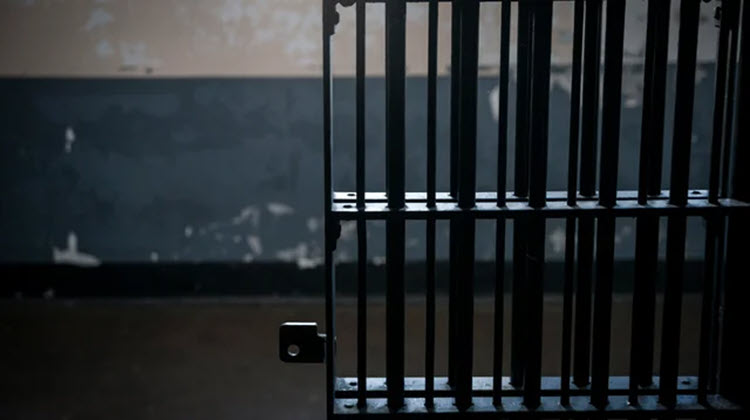

By Carlin Ross
WASHINGTON D.C. – Two-hundred experts in the medical and public health community sent a letter to President-elect Biden and the Transition COVID-19 Advisory Board this week, recommending significant reductions in all levels of incarceration to reduce the spread of the virus.
The Sentencing Project has highlighted how the recommendation applies to incarceration from local levels, to state, and federal.
As described by The Sentencing Project, the congregation of practicing scholars and scientists leading research in universities and medical centers write “since the pandemic, decarceration has been too modest.…Meaningful and effective decarceration amidst the pandemic can limit the number of people exposed to the virus in leading coronavirus clusters while also protecting the broader communities to which these individuals return.”
The letter encourages the transition COVID board to recommend policies to the new administration that candidly call for decarceration within the Centers for Disease Control and Prevention.
All scientifically-backed evidence by the cadre, and other researchers around the world, they say, reveals how many incarcerated people, despite his/her length of sentence, do not pose an  exorbitant risk to public safety: outstandingly in comparison to other rambunctious risks throughout the country.
exorbitant risk to public safety: outstandingly in comparison to other rambunctious risks throughout the country.
Signer of the letter and Ph.D. at Yale School of Public Health Gregg Gonsalves comments “in the context of COVID-19 occupancy limits are being enforced for restaurants, bars, and other indoor settings around the country. Detention and correctional facilities are crowded, often unsanitary spaces and should be subject to occupancy limits as well to stem the spread of SARS-CoV2.”
Gonsalves questioned why public safety policies only extend to specific overcrowded locations, and not all, recognizing “we need to decarcerate to keep people in these places and in the surrounding communities safe.”
In concurrence, signer Dr., Carlos Franco-Paredes (University of Colorado, Denver) argued “health equity is a critical component of social justice and wellbeing and therefore addressing the longstanding history of social injustices leading to the unfair distribution of health and disease constitutes a critical priority of the practice of modern medicine.
“As physicians, we must strive to reduce social inequities through advocacy efforts and policy change to remove racial residential segregation, food and housing insecurity, poor educational opportunities, discrimination and other structural vulnerabilities including mass incarceration and the death penalty.”
If the pandemic has revealed one thing about America, it’s the ways in which systemic racism courses through our system of public health and further marginalizes outlier groups, he added.
Dr. Franco-Paredes underlines this discrepancy with cold-cut-evidence: “the COVID-19 pandemic has been responsible for as many deaths among incarcerated individuals in the US over a nine-month period as the total number of individuals executed by the death penalty, over a 44-year period (1,449 deaths by COVID-19 and 1,526 executions since 1976).”
Dr. Carlos Franco-Paredes criticizes the acting board for correlating health equity with its material and idealized referent: simply increasing medical interventions in the criminal facilities, or promoting the accessibility of tests.
Moreover, he notes culture’s tendency to measure equality quantitatively.
The doctor defines health equity as involving “community-activism to improve life opportunities and the redistribution of social capital and resources among marginalized communities to promote healthier lives and social wellness.”
 Carlin Ross is a senior at Santa Clara University who double majors in English and philosophy. She’s originally from Bozeman, Montana.
Carlin Ross is a senior at Santa Clara University who double majors in English and philosophy. She’s originally from Bozeman, Montana.
To sign up for our new newsletter – Everyday Injustice – https://tinyurl.com/yyultcf9
Support our work – to become a sustaining at $5 – $10- $25 per month hit the link: